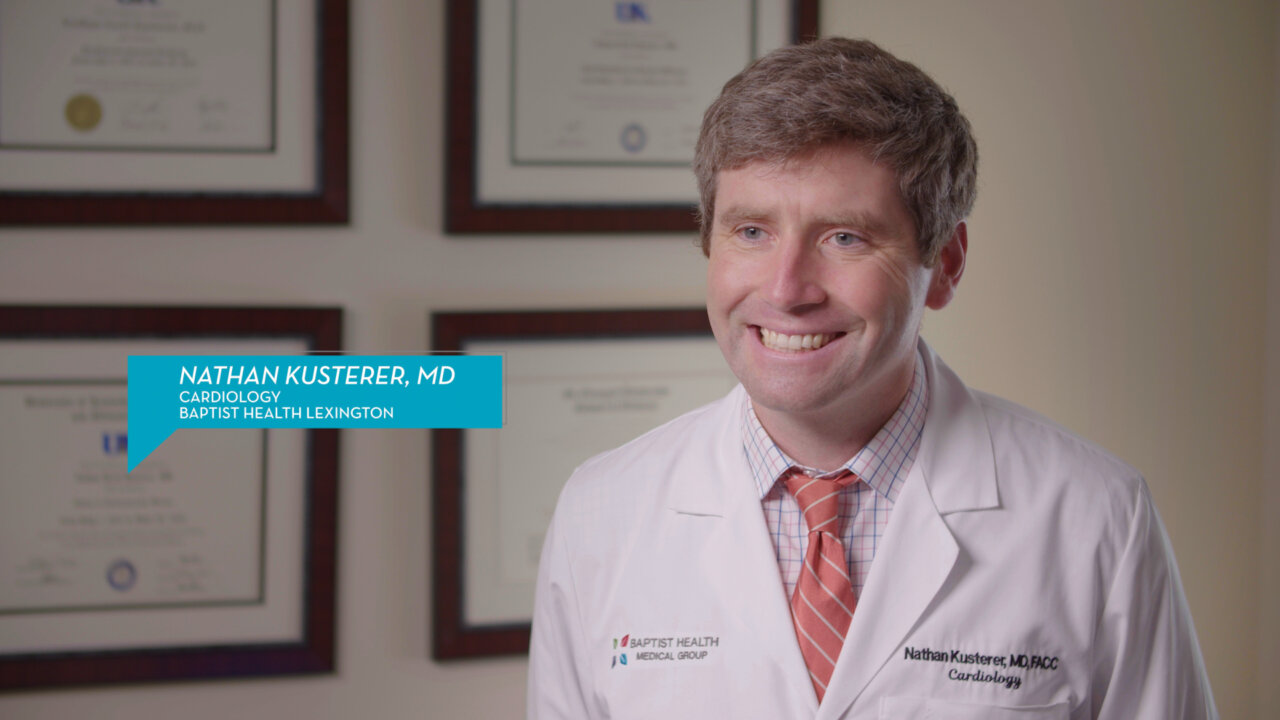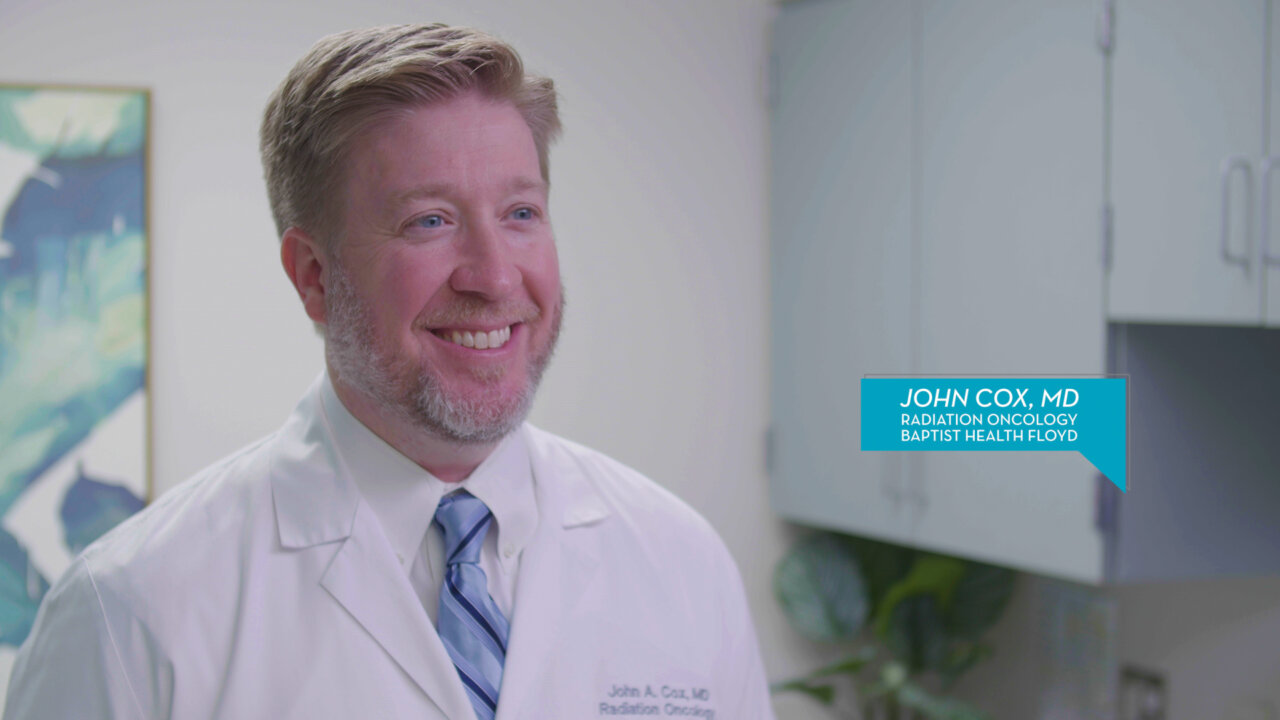Why Does Cancer Cause Fatigue?

Cancer-related fatigue (CRF) is a condition that can be caused by cancer and/or cancer treatment. Unlike the moderate fatigue you may feel after a busy day, cancer-related fatigue is severe. Many people report that it feels “paralyzing.”
Cancer-related fatigue, which is also referred to as chronic fatigue syndrome, typically comes on quickly, isn’t the result of physical activity or exertion, and doesn’t resolve with rest or sleep.
What Does Cancer Fatigue Feel Like?
If you’ve been diagnosed with the disease, you may have noticed that extreme fatigue and cancer often go hand in hand. It’s common for patients to feel extreme exhaustion and persistent tiredness. Many also experience physical weakness, emotional exhaustion and lack of motivation.
Cancer Fatigue vs. Normal Fatigue
Cancer weakness and fatigue are characterized by a persistent feeling of exhaustion. It often interferes with daily life and isn’t relieved by resting or sleeping. Normal fatigue is a temporary feeling of tiredness, typically brought on by physical exertion, poor diet, lack of sleep or stress. It can be relieved by rest, eating healthier and addressing underlying causes of stress.
Causes of Cancer-Related Fatigue
It’s common to experience extreme tiredness with cancer or cancer treatment. As much as 80% to 100% of people who have cancer develop this condition.
Doctors and researchers don’t know the exact cause of cancer-related fatigue and weakness. One factor may be that cancer cells, like all cells, consume nutrients, which means some of the energy from the meals you eat isn’t available for normal body functions.
People who are being treated for cancer also experience cancer-related fatigue, which may be caused by:
- Changes in how cells function
- Dehydration that results from nausea and vomiting or decrease water intake
- Changes in hormone levels
- Inflammation
- Tissue and cell damage
- Anemia from reduced red blood cell counts
So, while cancer treatment can help slow or stop the progression of the disease, cancer weakness and fatigue is a significant side effect.
Fatigue as a Cancer Symptom
Can cancer cause tiredness? It can, in several ways. Cancer causes physical and psychological changes that can cause or worsen cancer weakness and fatigue, including:
- Pain
- Tumor-induced hypermetabolic state (a metabolic shift where tumors have higher energy consumption compared to normal cells)
- Insomnia
- Stress
- Depression
Is Being Tired All the Time a Sign of Cancer?
Many issues can cause fatigue, including lifestyle factors, minor illnesses and diseases. As noted above, the answer to “Can cancer cause tiredness?” is yes. If your energy level has dropped significantly and stayed low for an extended period, you should talk with your healthcare provider. They can determine the cause. It could be cancer weakness and fatigue, or any of a long list of other causes.
Fatigue from Cancer Treatments
In addition to the ways cancer weakness and disease develop as a result of the illness, cancer treatments can cause fatigue. Several changes in the body can contribute to persistent exhaustion, including:
- Changes in how cells work
- Inflammation
- Nausea
- Diarrhea
- Dehydration
- Hormone fluctuations
- Anemia
- Damage to cells and tissues
Extreme fatigue and cancer often occur together. Does cancer make you fatigued? If it does, you should talk with your doctor about your symptoms.
Cancer-Related Fatigue Diagnosis
This condition is primarily diagnosed by a patient reporting cancer fatigue symptoms. In addition to feeling extremely tired in general, a person with cancer-related fatigue may experience stiff shoulders, trouble concentrating, sleepiness, boredom, anxiety, or irritability.
If you think you’re suffering from cancer-related fatigue, your doctor may have you complete a questionnaire and/or keep a journal of your fatigue level. They may also order blood tests to check for issues like infections and anemia.
Cancer-Related Fatigue Management and Treatment
The vast majority of cancer patients will experience cancer-related fatigue at some point. However, if you have cancer, there are steps you can take to reduce or prevent it. This includes:
- Exercising regularly
- Eating a healthy diet
- Managing your stress
- Conserving energy by limiting unnecessary tasks
- Being treated for anemia or hypothyroidism if appropriate
- Getting cognitive therapy
Cancer-Related Fatigue Outlook
The degree and duration of extreme tiredness from cancer varies based on the type of cancer treatment a person receives.
- Cancer medications: Can cause fatigue that occurs during treatment but resolves between treatments.
- Cancer surgery: Patients tend to experience cancer-related fatigue until they recover from the procedure.
- Radiation therapy: Causes fatigue that increases as the treatment progresses but tends to decrease a few months after the end of treatments.
- Bone marrow transplants: Patients may experience cancer-related fatigue for up to a year after treatment.
So, while chronic fatigue after cancer treatment is challenging, it generally resolves with time.
Learn About Cancer Care Services at Baptist Health
Baptist Health provides world-class care for cancer patients. That includes using the most effective therapies available to treat their cancer and address cancer-related fatigue. If you’re feeling tired all the time due to cancer, your doctor can help.
Learn more about our cancer care services.



